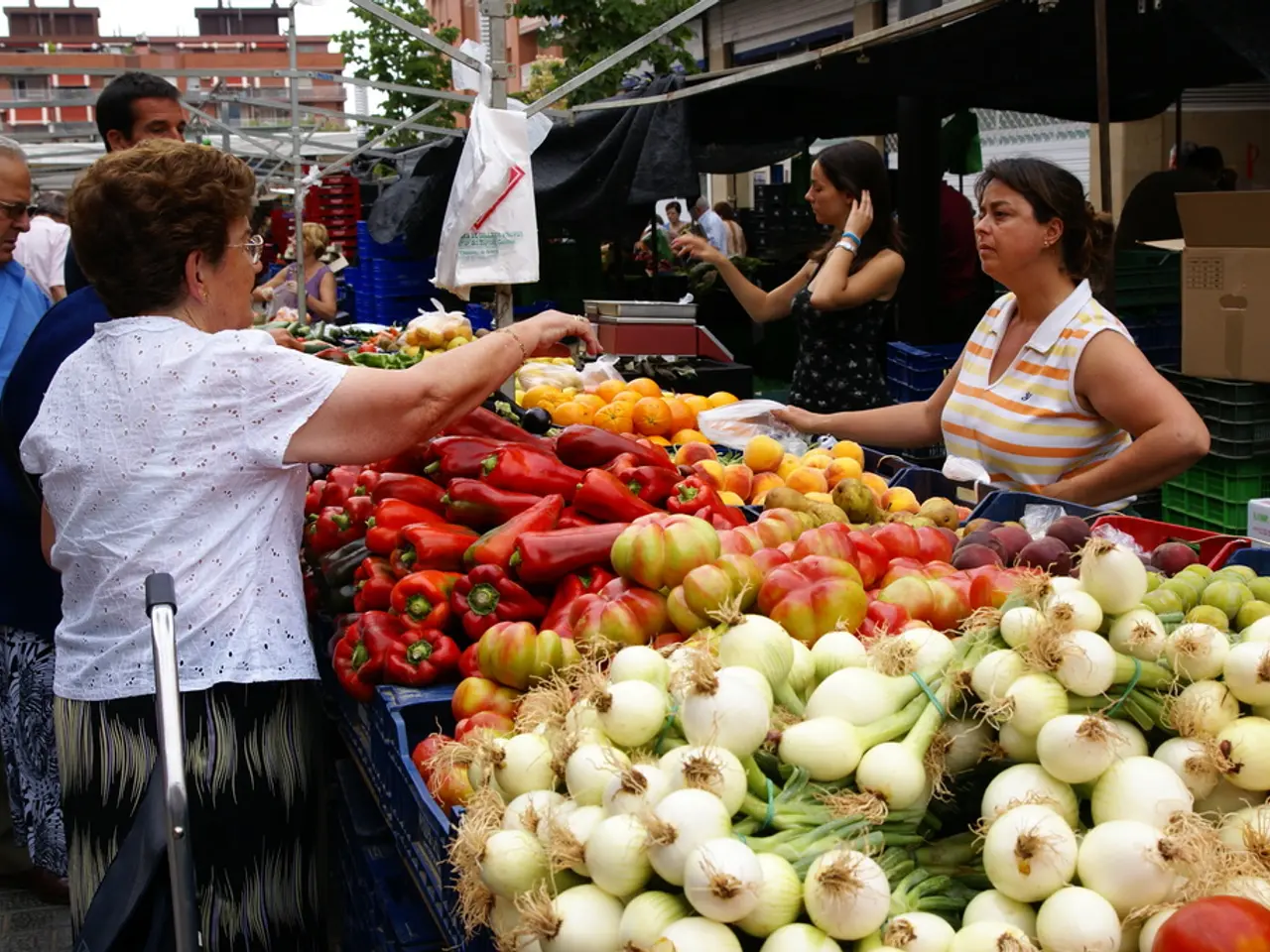Assessment: Will Bangladesh's efforts to ban single-use plastics be effective?
In the early 21st century, Bangladesh made a bold move towards environmental conservation by imposing a ban on single-use polythene bags in October 2001, a decision that was later extended nationwide. This ban was a response to sustained pressure from environmental activists and civil society groups, marking a significant step towards a greener future.
However, the journey of this ban was not without its challenges. Enforcement of the ban weakened due to political instability and industry influence, leading to a gradual rollback of the ban over the next decade. The Bangladesh Environment Conservation (Amendment) Act, passed in 2002, aimed to ban the production, import, marketing, and use of polythene bags, but only seven factories were shut down by October 2024, according to Md. Sawqat Ali, a director at the Ministry of Environment.
During this period, prominent companies like Beximco Group and Square Group, along with organisations such as the Bangladesh Plastic Goods Manufacturers and Exporters Association (BPGMEA), held key positions in major trade bodies and significantly contributed to the growth of Bangladesh's polythene industry.
The coronavirus pandemic accelerated polythene use in Bangladesh, as hygiene concerns led to a surge in demand for plastic bags. This trend, however, has been met with resistance from environmental activists who advocate for a return to the ban.
In an effort to promote a more sustainable alternative, Md. Farhad Ahmed Akanda, president of the Bangladesh Jute Association, suggests subsidising jute bags to bring their costs down in line with that of polythene bags. The ban, initially successful, led to an increase in demand for jute, making it a viable alternative to polythene bags.
The Mandatory Jute Packaging Act (2010) was enacted by the Awami League to stop plastic and nylon sack use. However, enforcement of this law was slow, taking three years to draft the rules and three more years to implement it in 2016.
The plastics industry is currently lobbying to delay the ban until 2030, warning of protests, job losses, and economic disruption. Ijaz Hossain, a professor of energy and environmental studies, stated that the Awami League avoided promoting the polythene ban initiated by its rival, the BNP.
Enforcement of the plastic ban in densely populated areas like old Dhaka is particularly challenging due to narrow alleys and a densely populated layout. Despite these challenges, the fight for a greener Bangladesh continues, with the dream of a plastic-free future still very much alive.








